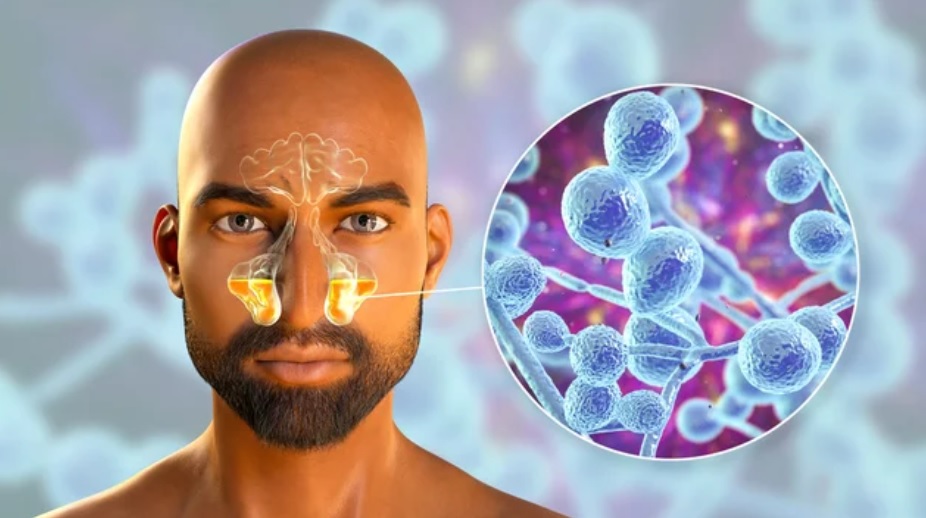
Even though it is less frequent than its bacterial or viral equivalents, fungal sinusitis may be difficult for people with persistent or recurrent sinus problems. Different from other types of sinusitis, fungal infections that result in fungal sinusitis can produce lingering symptoms and pain.
However, fungal sinusitis may be effectively treated and controlled with a good diagnosis and course of action. The most effective ways to manage fungal sinusitis will be discussed in this article, emphasizing prescription medications, dietary changes, and self-care routines that can aid with symptom alleviation and long-term comfort. People may take proactive measures to manage fungal sinusitis and enhance their general quality of life by being aware of their alternatives.
What Is Fungal Sinusitis?
Fungal Sinusitis is an infection-related sinus inflammation that affects the paranasal sinuses.
It is a general phrase used to describe a number of situations in which fungus may be contributing to the symptoms or the cause of nasal and sinus irritation.
Typically, immunocompromised individuals experience it. The term “fungal rhinosinusitis” refers to a broad spectrum of fungal diseases, from mildly bothersome to quickly lethal.
Types Of Fungal Sinistus
There are 5 different types of fungal rhinosinusitis:
1. Non- Invasive
- Fungus Balls are non-intrusive
- Infection with a saprophytic fungus
- Allergically Induced Fungal Rhinitis
2. Invasive
- Adverse invasive fungal sinusitis that is invasive
- Chronic Invasion of Fungal Sinusitis
Clinical signs of a fungal sinus infection:
Non-invasive fungal sinusitis’s chronic symptoms include —
- Facial aches,
- Nasal blockage,
- Cacosmia, sometimes known as a changed or disagreeable sense of smell
- nasal growths,
- Proptosis (also known as an ocular protrusion or eyeball-out bulging)
- casts of allergic mucin.
Causes Of Fungal Sinusitis
Fungal sinusitis is caused by the inhalation of fungal spores, which can be found in the environment. The factors that contribute to the development of fungal sinusitis include:
- Weakened Immune System: Individuals with compromised immune systems, such as those with HIV/AIDS, organ transplant recipients, or individuals on immunosuppressive therapy, are more susceptible to fungal infections, including fungal sinusitis.
- Nasal Abnormalities: Structural abnormalities in the nose, such as nasal polyps, deviated septum, or previous sinus surgeries, can disrupt normal sinus drainage and create an environment conducive to fungal growth.
- Environmental Exposure: Certain occupations or hobbies, such as farming, gardening, or exposure to construction sites, may increase the risk of fungal sinusitis due to increased exposure to fungal spores.
Treatments Option Available
The kind and severity of the illness determine the course of treatment for fungal sinusitis. Here are a few typical methods:
- Antifungal Drugs: Patients with fungal sinusitis are frequently given oral or intravenous antifungal drugs such as amphotericin B, itraconazole, or voriconazole. These drugs work to both get rid of the fungal infection and lessen inflammation.
- Surgery: In some circumstances, surgery may be required to remove fungus-related debris, ease sinus obstructions, or correct structural irregularities. Endoscopic sinus surgery or, in more serious circumstances, open sinus surgery may be required.
- Managing underlying sensitivities and limiting exposure to allergens can help individuals with allergic fungal sinusitis avoid recurrence.
Ending Thought
Fungal sinusitis refers to a group of sinus infections caused by fungal pathogens. It is a relatively uncommon condition but can have significant implications for those affected. Fungal sinusitis can be classified into different types based on the extent of infection and the individual’s immune status.